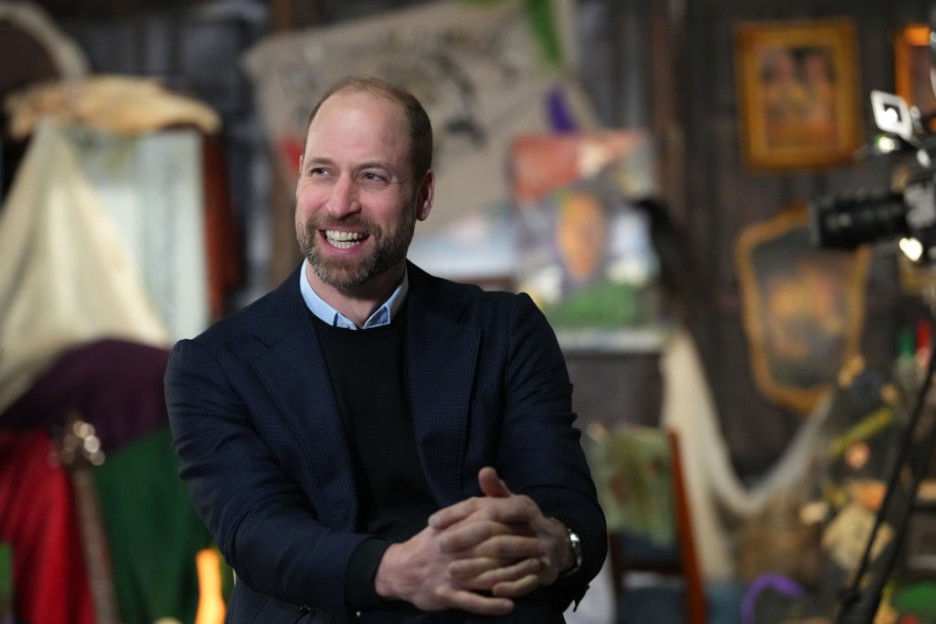William Wants a Voice: Prince Reportedly Plans Constitutional Shake-up When He's Crowned

Prince William is preparing to reshape the role of the monarch by asserting a greater public voice on issues of conscience, according to people familiar with his thinking, a move that could prompt a debate over the limits of royal neutrality once he inherits the throne.
Palace aides and former staffers say the 43‑year‑old Prince of Wales has grown increasingly uncomfortable with a strictly ceremonial monarchy and wants a sovereign who can, on occasion, challenge ministerial advice or make moral interventions on global issues. The sources spoke to RadarOnline on condition of anonymity to discuss internal discussions.
According to BBC, William's public comments earlier this year expressing "deep concern" over the humanitarian toll of the Gaza conflict and calling for increased aid were cited by supporters as an example of the approach he favors: measured statements aimed at drawing attention to suffering without endorsing political positions.
The reaction at Westminster was mixed, with some politicians and commentators praising the intervention as compassionate and others warning it risked breaching the constitutional expectation of royal neutrality.
Those warnings carry historical weight. Under Britain's unwritten constitution, the sovereign acts on the advice of ministers and is expected to remain above party politics. According to Emerald, past monarchs have faced fierce criticism when their actions were seen as politicized. Supporters of William argue that the monarchy must adapt to contemporary expectations that public figures speak on human rights, climate and crises that transcend borders.
Read more: Royal Reunion Plot Reportedly Underway to Force Warring Brothers Harry & William a Face-Off
"William feels that the monarchy has to evolve with the times. He's not interested in being a distant figure who simply cuts ribbons and signs papers. He believes that a modern king must have the moral courage to speak when it truly matters", a palace insider told RadarOnline.
Former private secretaries and constitutional scholars caution that any sustained shift could provoke institutional friction.
William's reported thinking was influenced, aides say, by episodes such as the 2019 prorogation crisis and his observation of his father, King Charles, who has long campaigned on environmental issues. Charles's more overt advocacy prompted questions during his reign about how far a modern monarch can engage public debate without compromising the neutrality expected of the institution.
Constitutional experts say a monarch seeking a larger public role would likely rely on convention and careful messaging rather than formal legal change. Any move to alter the royal prerogative or the relationship between sovereign and ministers would require political agreement and potentially parliamentary legislation — a prospect that could attract intense public scrutiny and political contest.
For now, William's inner circle portrays a prince driven by a belief that the monarchy's survival depends on relevancy and moral credibility. One associate said, "he respects the rules, but he also believes the sovereign's duty isn't just to sign off on advice – it's to question it when conscience demands".
© 2026 Enstarz.com All rights reserved. Do not reproduce without permission.





